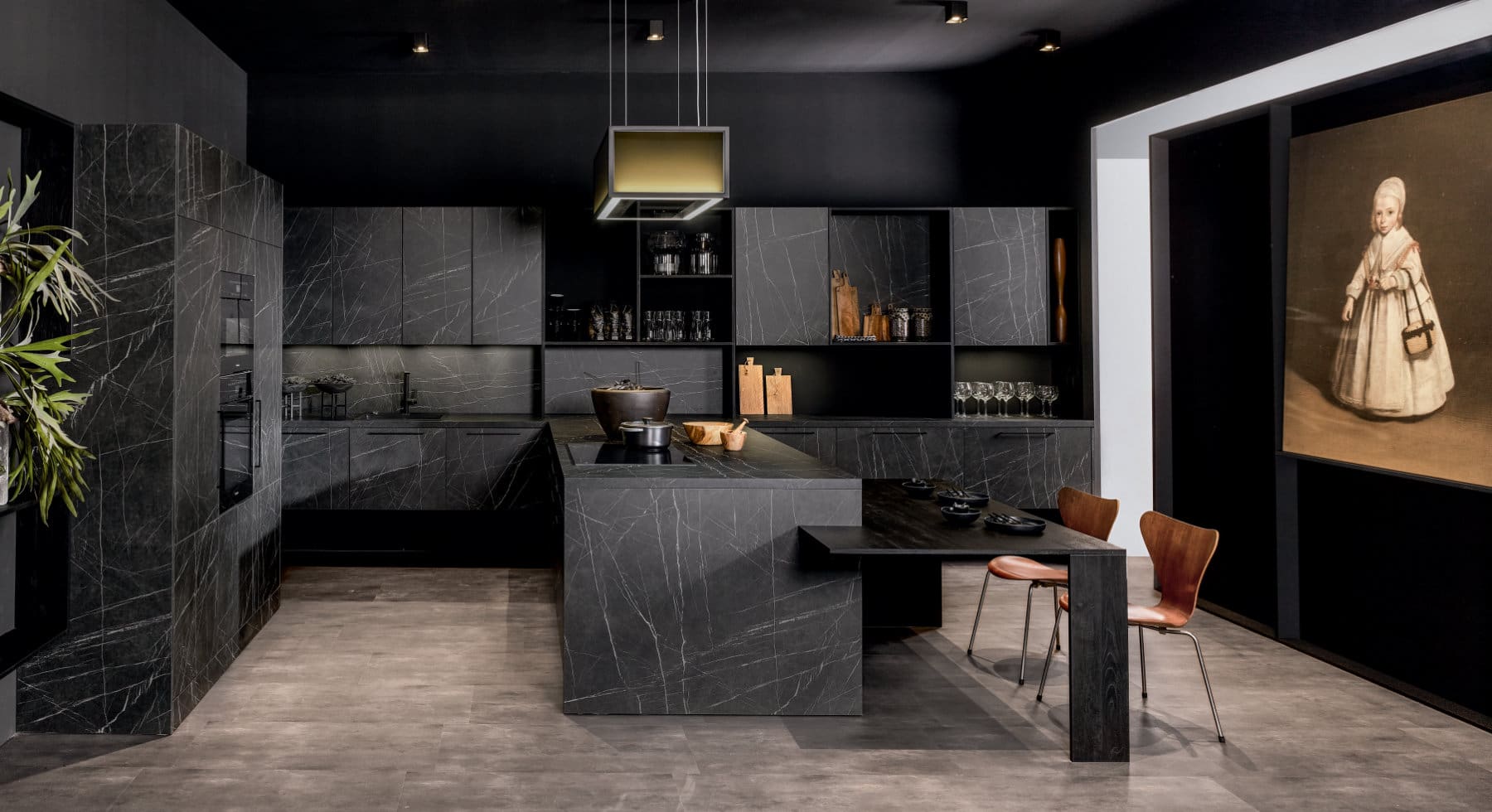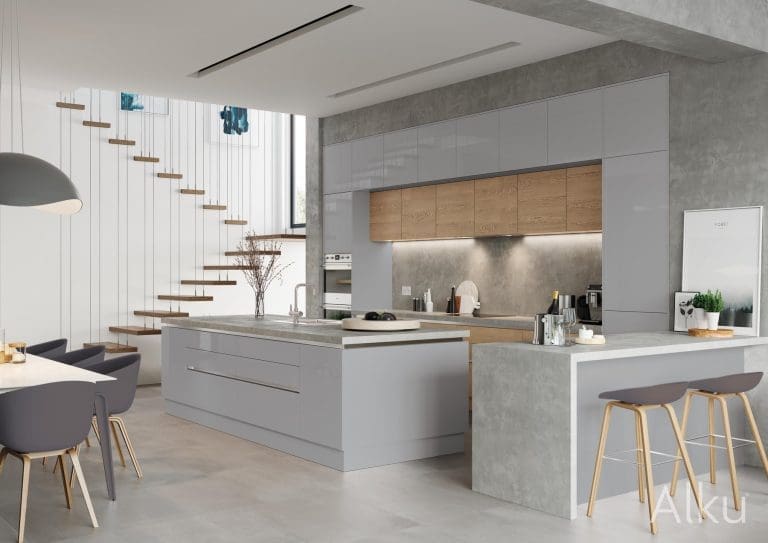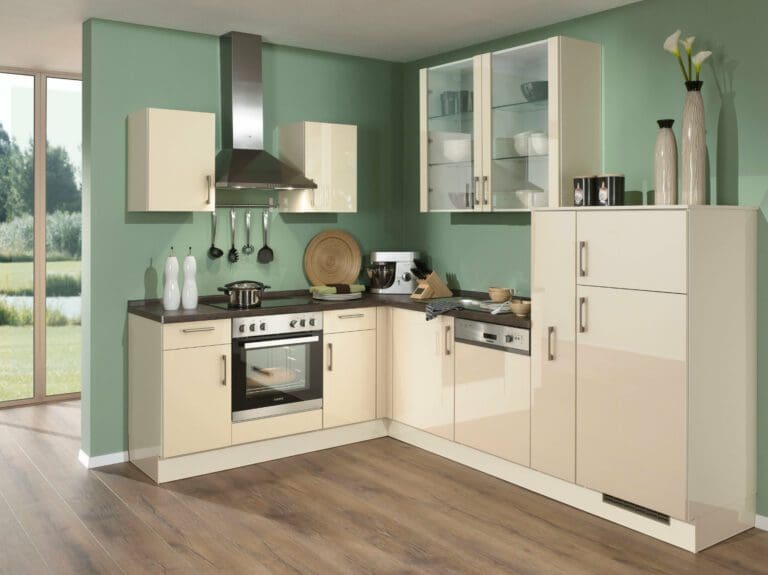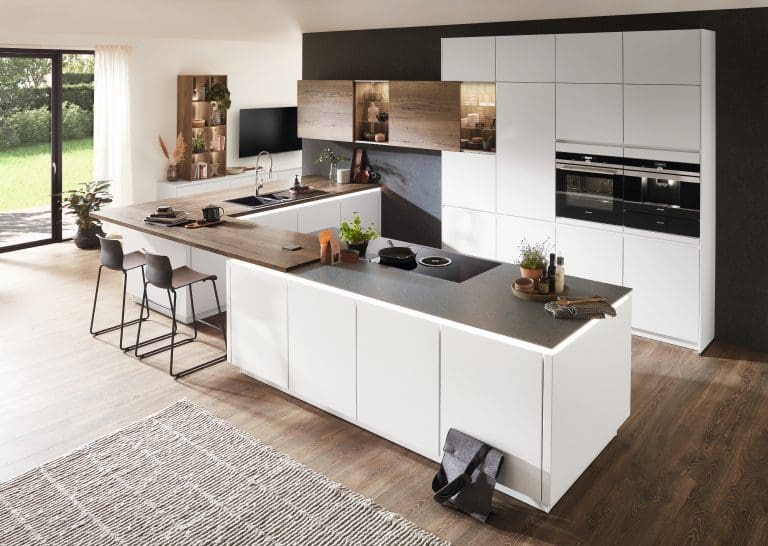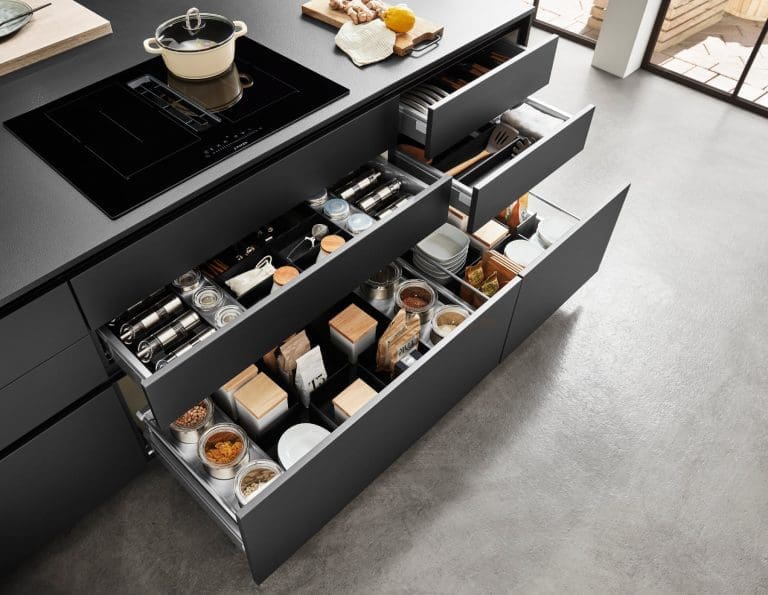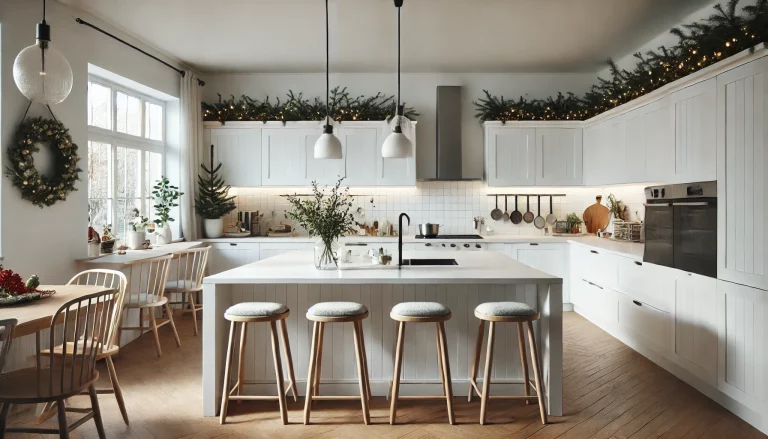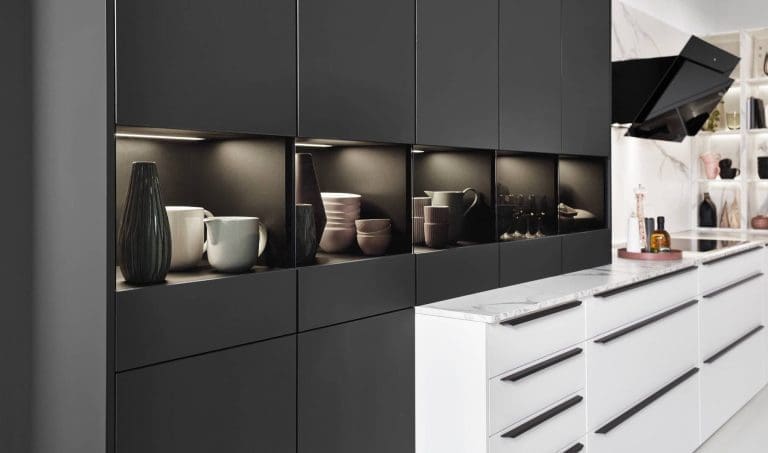10 Essential Questions Before Starting a New Kitchen Renovation
Planning a new kitchen project is an exciting journey, but it can also feel overwhelming with the many decisions you’ll need to make along the way. Whether you’re updating an outdated kitchen or creating a completely new layout, it’s crucial to start with a clear plan. Before diving into your project, consider these 10 essential questions to ensure a smooth and successful kitchen renovation.
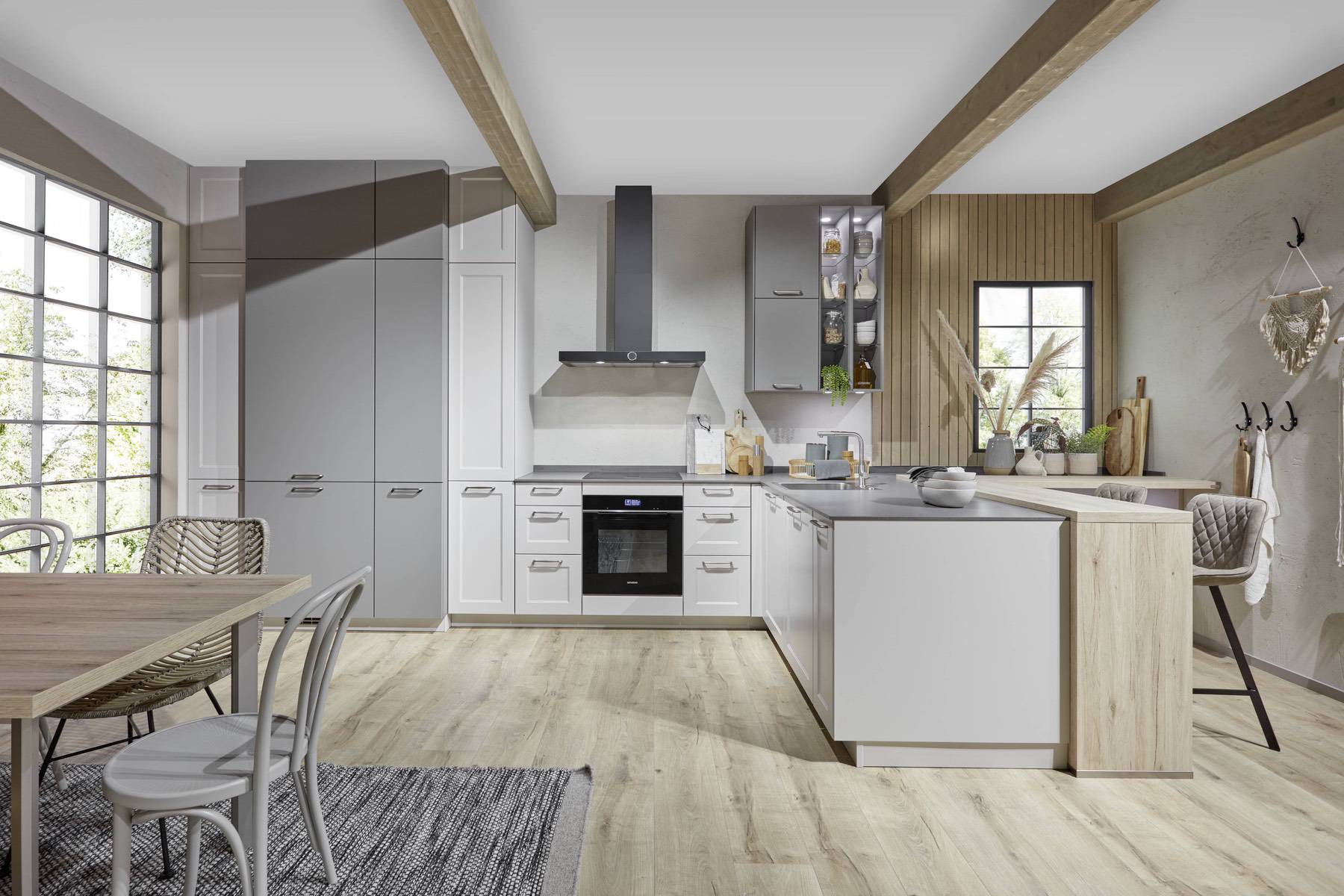
1. What Is Your Project Budget?
One of the first steps in any new kitchen project is setting a budget. Knowing how much you’re willing to invest will help guide all your decisions, from the materials you choose to the scope of the work. Be realistic about what you can afford and factor in a contingency of around 10-15% for unexpected costs. By setting a clear project budget, you’ll be able to make informed choices without the risk of overspending.
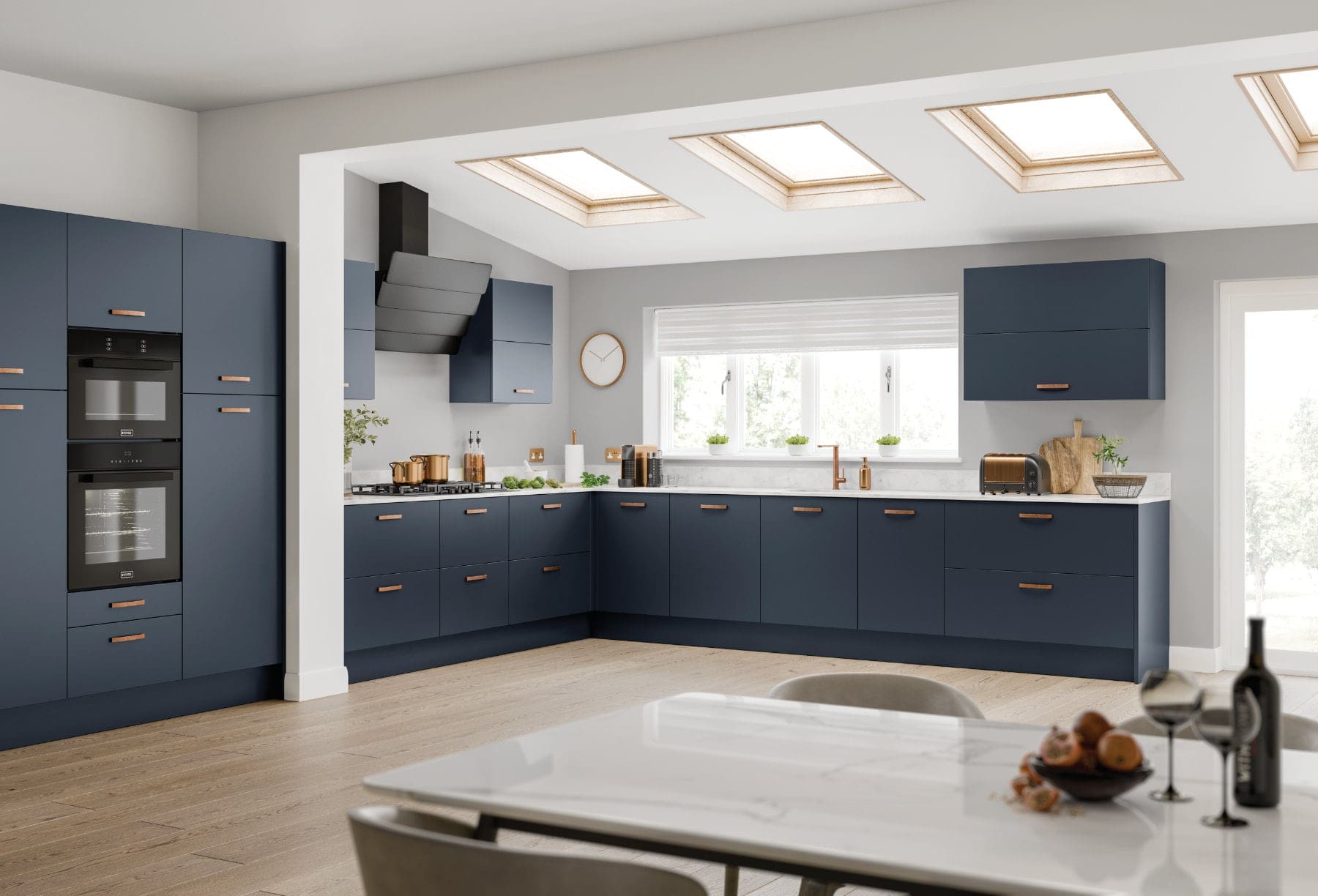
2. How Will You Use Your Kitchen?
Understanding how you use your kitchen on a daily basis is key to designing a space that truly works for you. Are you a passionate home cook who needs ample worktop space and professional-grade appliances? Or do you see your kitchen as a social hub for entertaining guests? Consider your lifestyle and how your new kitchen can enhance it. This will help prioritise elements like storage, seating, and work areas.
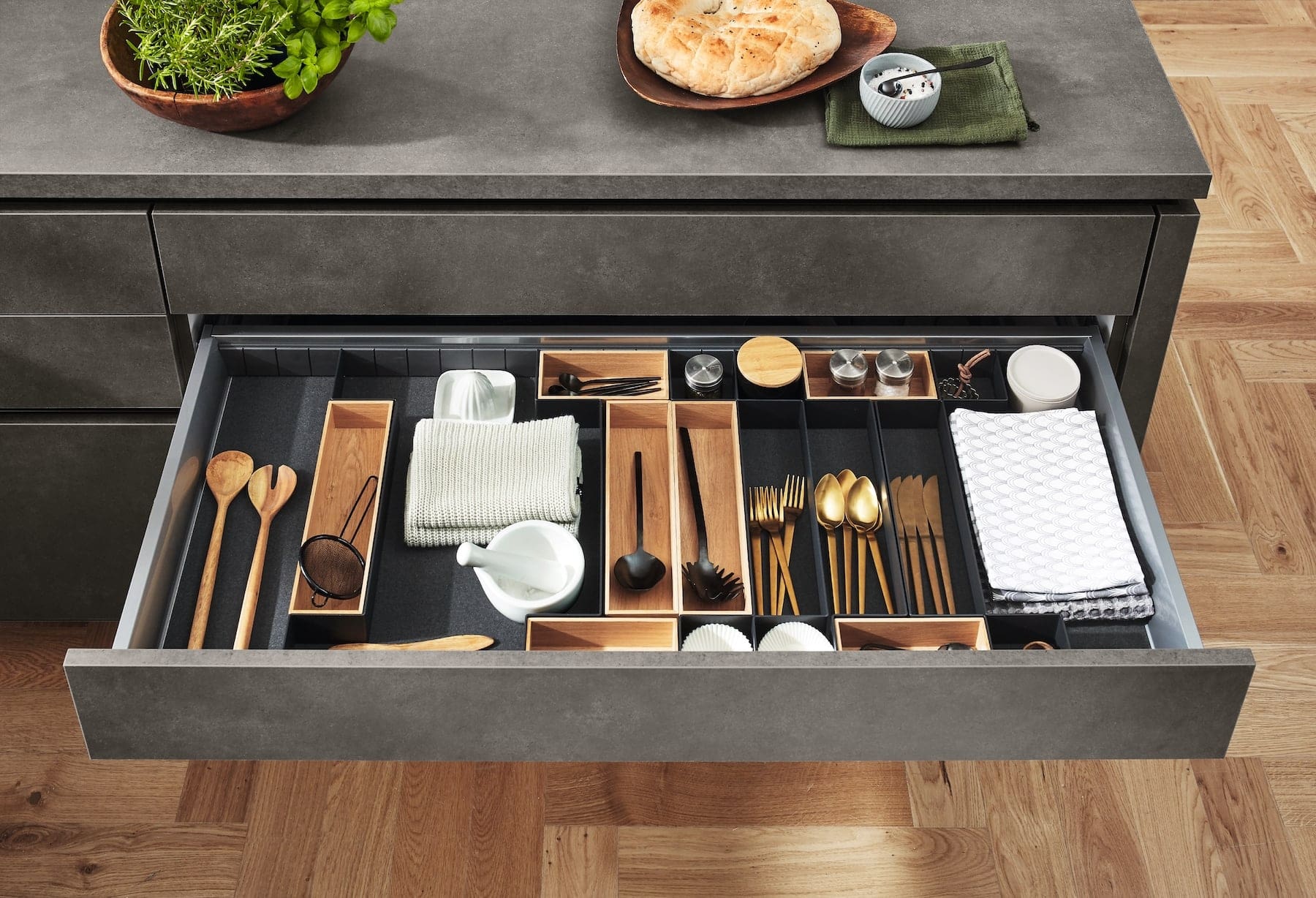
3. What Are Your Must-Have Features?
It’s easy to get carried away with all the options available, but identifying your kitchen must-haves early on will keep your project focused. Whether it’s a large kitchen island, a walk-in pantry, or integrated smart appliances, make a list of the features you simply can’t do without. This will ensure you allocate your budget towards the things that matter most to you.
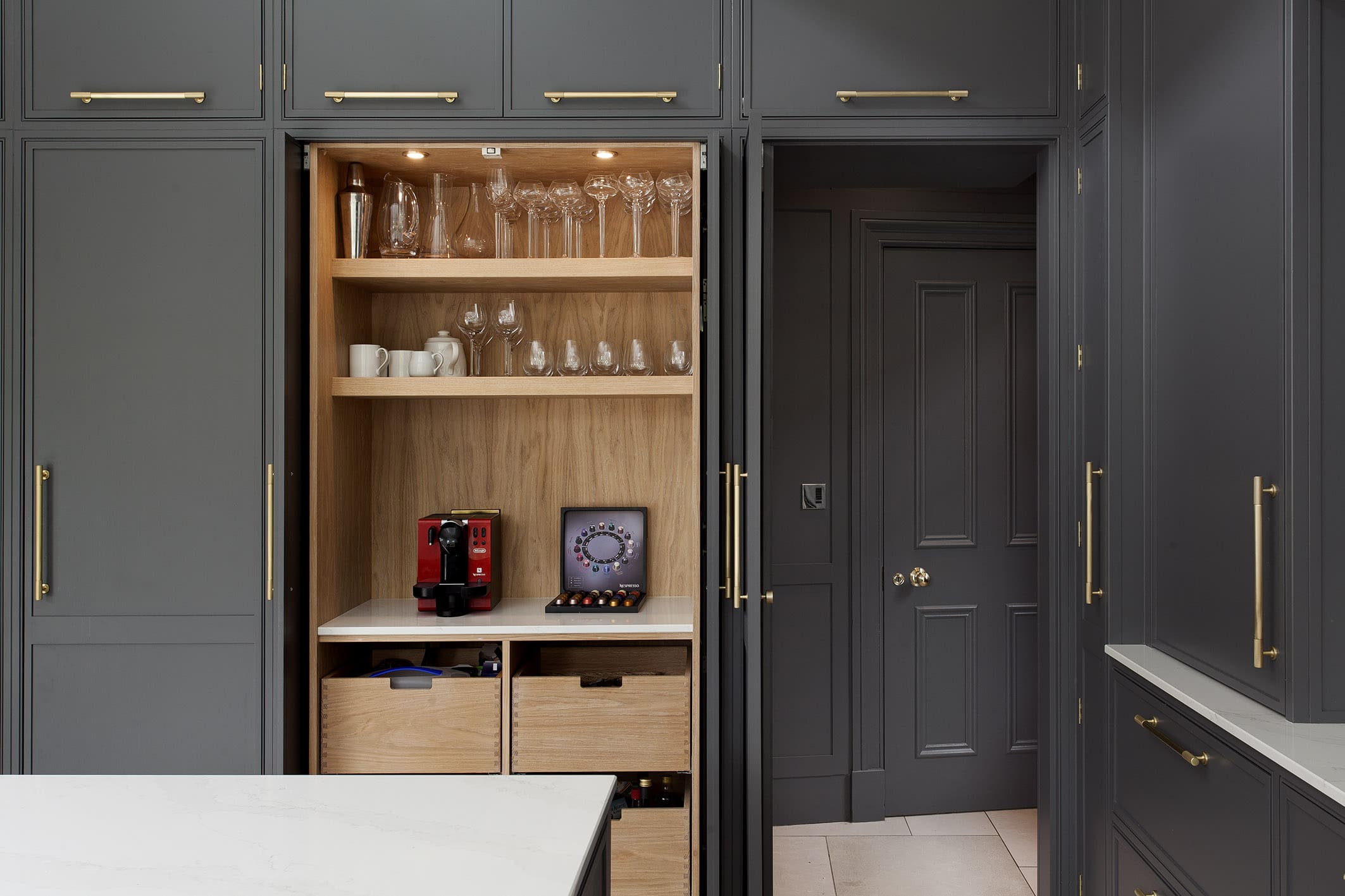
4. What Style Do You Want?
Defining your kitchen style upfront will help streamline the design process. Are you drawn to a modern, minimalist look, or do you prefer the warmth of a classic shaker-style kitchen? Perhaps you’re looking for something timeless that blends traditional and contemporary elements. Browsing through design magazines, websites, and social media can help you find inspiration and solidify your vision.

5. Should You Choose a Bespoke or Fitted Kitchen?
When planning a renovation, you’ll need to decide between a bespoke kitchen that’s custom-made to fit your space or a fitted kitchen with pre-designed units. Bespoke kitchens offer flexibility in terms of design and materials but are generally more expensive. Fitted kitchens, on the other hand, are quicker to install and can be more budget-friendly. Weigh the pros and cons of each option to determine which suits your needs best.
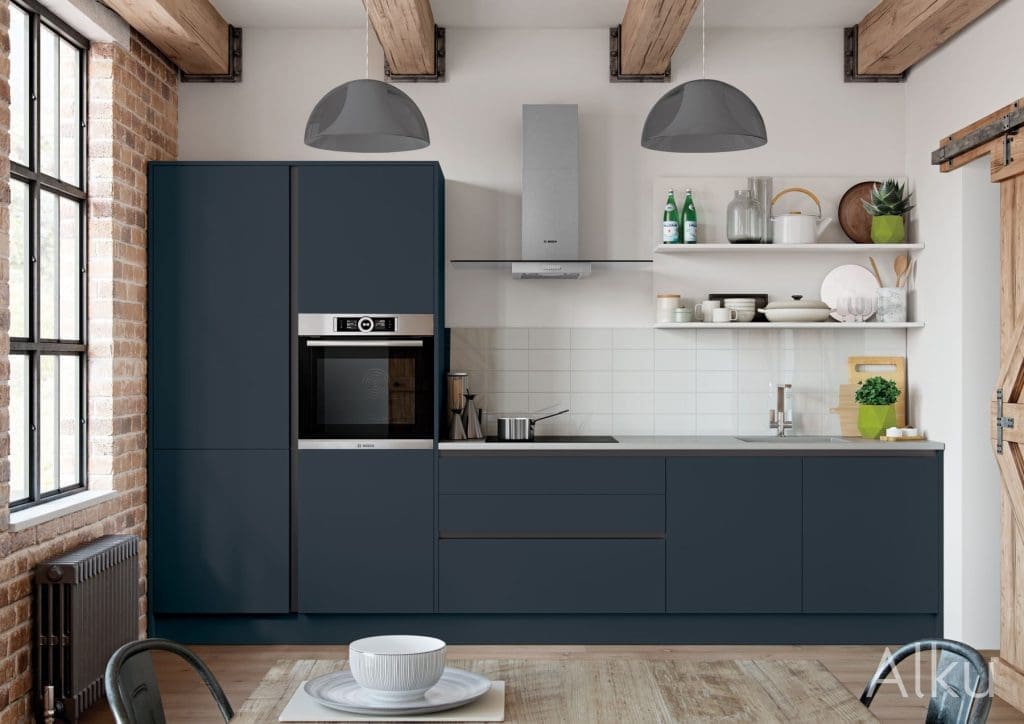
6. Which Kitchen Layout Will Work Best for Your Space?
The layout is one of the most crucial aspects of any kitchen renovation. Whether you’re working with a small galley kitchen or a spacious open-plan area, your new kitchen layout should be functional and efficient. Consider the classic kitchen work triangle — the optimal placement of the sink, hob, and fridge — to ensure smooth workflow. Think about how you move around the space and how to minimise foot traffic.

7. Have You Considered Storage Solutions?
A well-organised kitchen relies on smart storage solutions. Plan ahead for cabinets, drawers, and shelves that can accommodate everything from pots and pans to small appliances and pantry items. Pull-out drawers, corner units, and integrated spice racks can make a big difference in keeping your kitchen tidy and clutter-free. If storage is a priority, consider bespoke cabinetry to make the most of your available space.
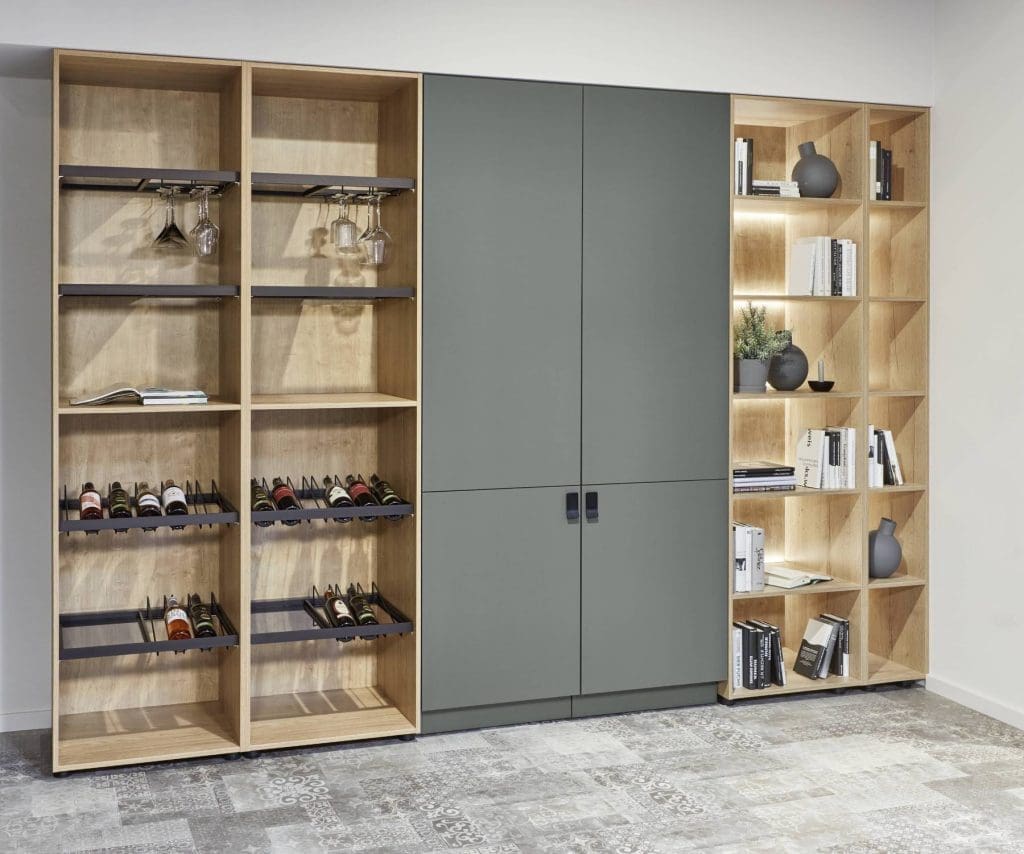
8. What Type of Worktops and Appliances Should You Choose?
Selecting the right worktops and appliances is essential for both functionality and style. Worktops come in a range of materials, including granite, quartz, laminate, and wood, each with its own pros and cons. Appliances, meanwhile, should be chosen based on your cooking habits and preferences. Investing in energy-efficient models can also help you save on utility bills over time.
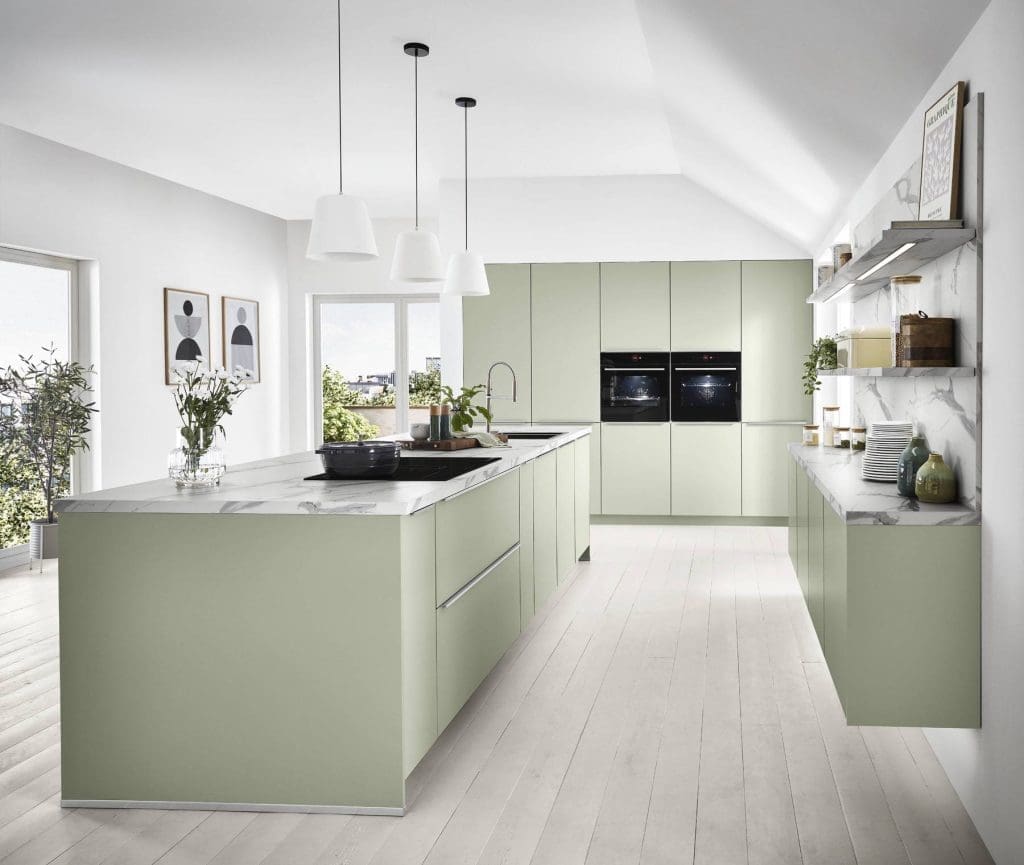
9. Have You Thought About Lighting?
Lighting plays a vital role in the overall look and feel of your kitchen. Layered lighting, which includes ambient, task, and accent lighting, can help create a well-balanced space. Under-cabinet kitchen lighting is perfect for illuminating work areas, while pendant lights over an island can add a stylish focal point. Natural light is also crucial, so consider ways to maximise it with windows or skylights.

10. Are You Ready to Work with Professionals?
A kitchen renovation is a complex project that often requires the expertise of professionals, such as designers, installers, and electricians. If you’re planning a major renovation, hiring experienced professionals can save you time and prevent costly mistakes. Be sure to choose a team you trust, and don’t hesitate to ask for references or view previous projects to ensure they align with your vision.
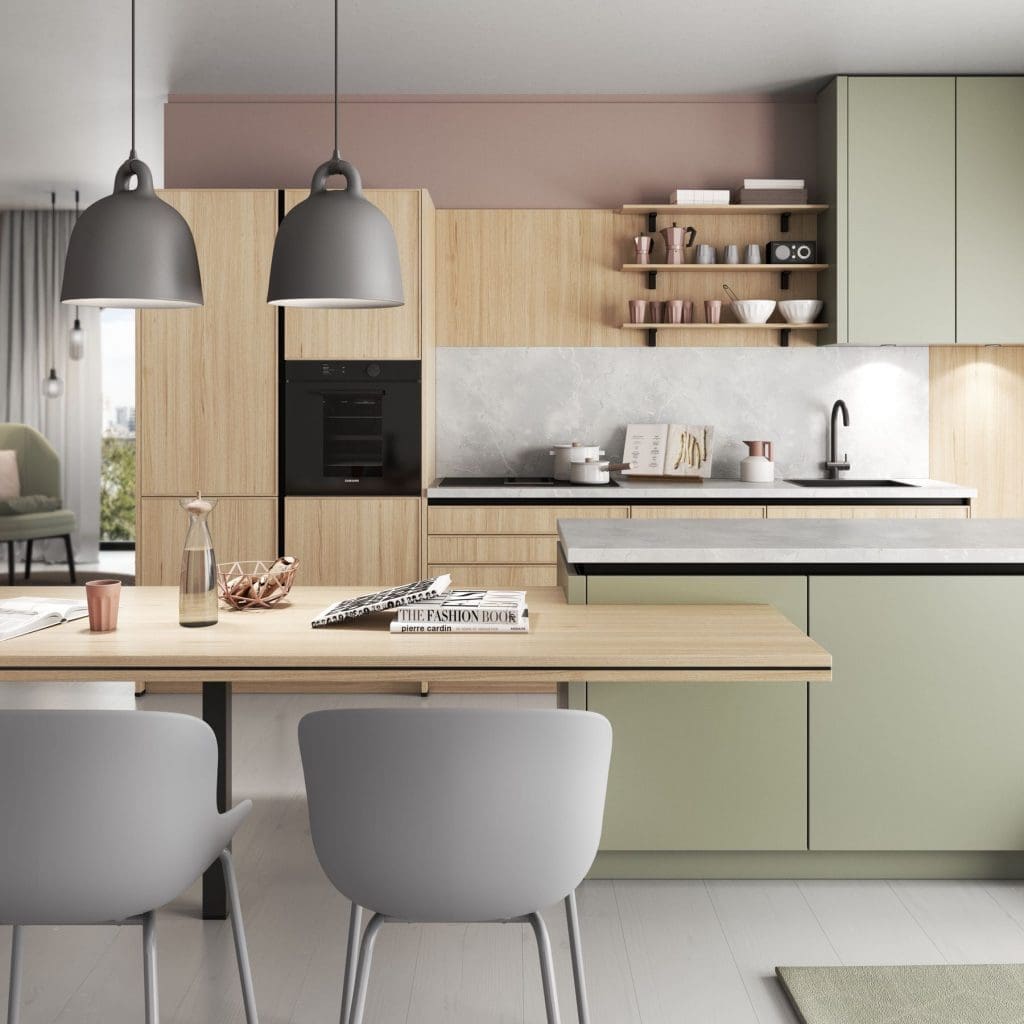
Final Thoughts
Taking the time to answer these questions before starting your new kitchen project can help set you up for success. By understanding your budget, priorities, and design preferences, you’ll be better prepared to make decisions throughout the renovation process. Whether you’re opting for a bespoke or fitted kitchen, focusing on the right kitchen layout, or choosing the perfect appliances, careful planning is key to achieving a kitchen you’ll love for years to come.
Ready to start planning your dream kitchen? Reach out to a local kitchen designer or visit a showroom to get expert advice tailored to your needs. With the right preparation, your kitchen renovation will be a rewarding and stress-free experience.
